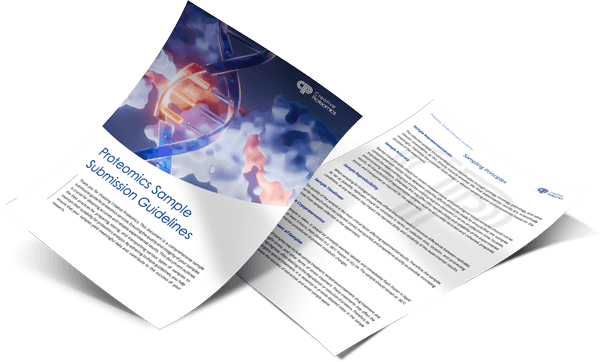What is pI?
The pI refers to the pH value at which a molecule in a certain solution exhibits neither surface charge nor net charge. That is, in a given milieu at a certain pH value, when the positive and negative charges of a molecule are exactly balanced (resulting in a net charge of zero), it will not move towards either the anode or cathode in an electric field. This specific pH value is known as the molecule's pI. Protein is the most important type of biomolecule. There are tens of millions of types of proteins in nature with many structures and functions, but in the final analysis they are determined by the properties of 20 amino acids. Amino acids are amphoteric electrolytes, regardless of the R group, each amino acid molecule has a carboxyl group (-COOH) that can dissociate a proton and an amino group (-NH2) that can accept a proton. Since different proteins have different amino acid compositions, the pI of a protein only depends on its amino acid composition, which is a physical and chemical constant.
The analysis of pI is an important aspect in proteins or peptides characterization and is often performed to determine the pH at which a protein or peptide has no net charge. Besides, the pI can provide valuable information about a protein's behavior, solubility, stability and function under different pH. In drug development, understanding the pI of a protein can help scientists select the right conditions to purify, stabilize, and store the protein. In addition, the pI of protein can also be used to optimize the separation and purification process to improve purity and yield, which are crucial for comprehending a range of biochemical problems and of great significance for the development and application of biological drugs.
 Figure 1. The amphoteric amino acids.
Figure 1. The amphoteric amino acids.
Our Isoelectric Point Analysis Service
In Creative Proteomics, there are primarily four techniques for determining the pI of peptides and proteins.
2) Capillary isoelectric focusing (cIEF) technology;
3) imaged capillary isoelectric focusing, (icIEF).
Above methods are high-resolution techniques widely employed in pI measurement. The IEF technique is a streamlined and cost-effective solution. In IEF electrophoresis, a protein with a net positive or negative charge migrates through the pH gradient gel until it reaches its pI. The corresponding pH at which the protein remains neutral (or isoelectric) and remains stabilized (halt in movement), is referred to as the protein's pI. The development of IEF has led to the emergence of 2-D polyacrylamide gel electrophoresis (2D-PAGE), cIEF and icIEF. The cIEF and icIEF techniques enable real-time monitoring, prevent sample degradation, offer superior resolution (exhibiting a 10-fold lower limit of detection) and provide faster sample analysis compared to conventional IEF in gels.
Most importantly, all the methods in Creative Proteomics are proficient and precise for measuring the pI of proteins or peptides. In addition, pI assays can also be used in combination with high-throughput liquid chromatography tandem mass spectrometry (LC-MS/MS) techniques. The skills we have mastered notably demonstrate exceptional resolution and accuracy, reproducibility, and high throughput.
 Figure 2. The IEF technology.
Figure 2. The IEF technology.
Applications of pI Analysis
- Protein precipitation;
- Protein purification, stabilization, and store;
- Protein crystallization trials;
- Drug development;
- Enzyme development;
- Antibody research;
- Study protein heterogeneity, including isoforms, PTMs, and protein truncations;
- Analyze protein folding status;
- Predict protein-protein interactions.
How to place an order
The expertise of Creative Proteomics, with over 10 years of experience in proteins and peptides isoelectric point analysis and proteomics profiling, enables us to provide comprehensive support tailored to your specific requirements for pI analysis. Please feel free to contact us via email whenever you need to discuss your specific requirements. Our customer service representatives are available 24 hours a day, from Monday to Sunday.






